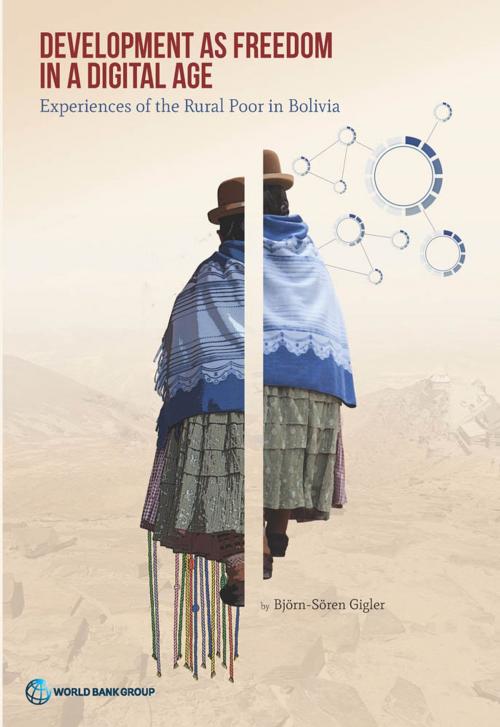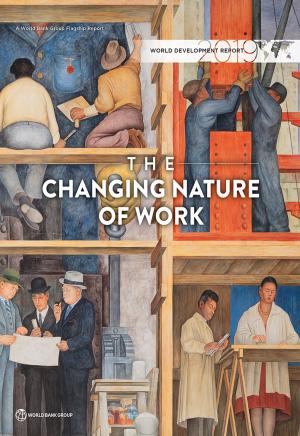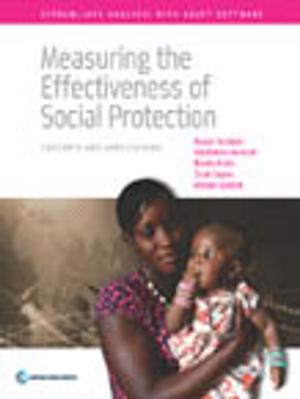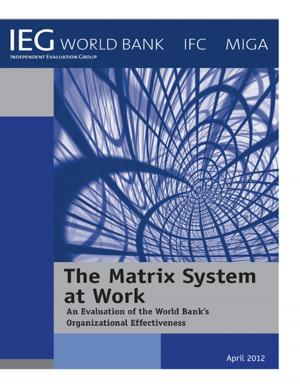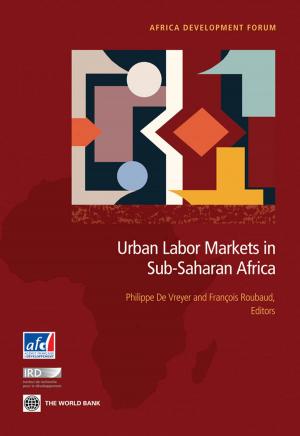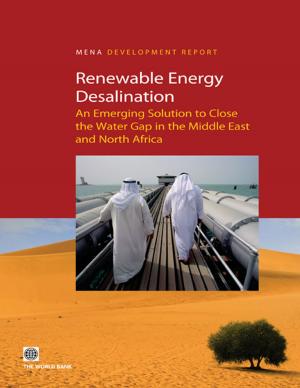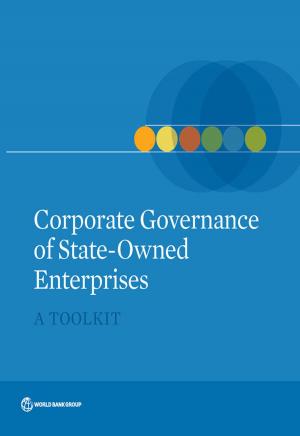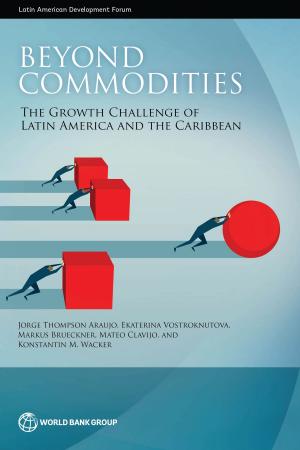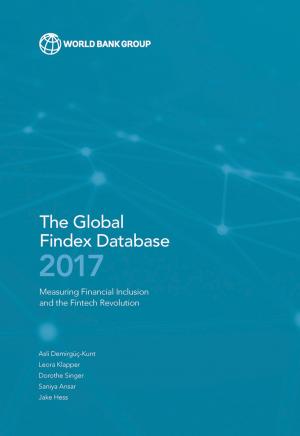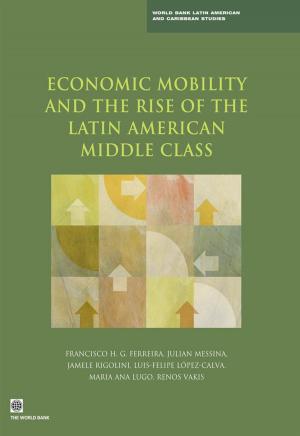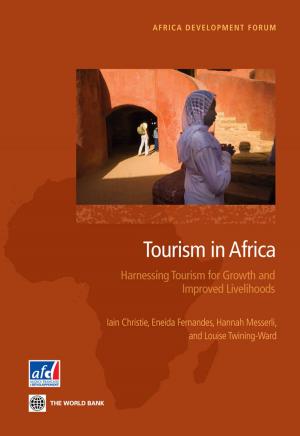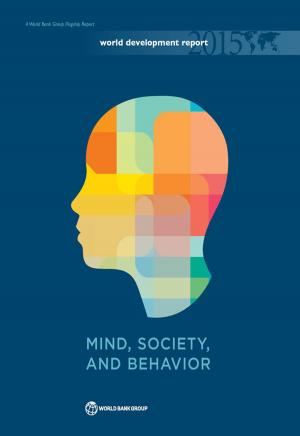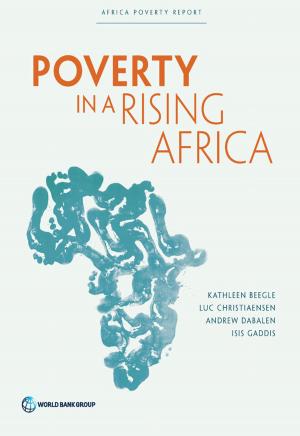Development as Freedom in a Digital Age
Experiences from the Rural Poor in Bolivia
Nonfiction, Science & Nature, Technology, Social Aspects, Business & Finance, Economics, Economic Development, Social & Cultural Studies, Social Science, Sociology| Author: | Björn Sören Gigler | ISBN: | 9781464804212 |
| Publisher: | World Bank Publications | Publication: | April 8, 2015 |
| Imprint: | World Bank Publications | Language: | English |
| Author: | Björn Sören Gigler |
| ISBN: | 9781464804212 |
| Publisher: | World Bank Publications |
| Publication: | April 8, 2015 |
| Imprint: | World Bank Publications |
| Language: | English |
Under what conditions can new technologies enhance the well-being of poor communities? The study designs an alternative evaluation framework (AEF) that applies Amartya Sen’s capability approach to the study of information and communications technologies (ICTs) in order to place people’s well-being, rather than technology, at the center of the study. The AEF develops an impact chain that examines the mechanisms by which access to, and meaningful use of, ICTs can enhance people’s “informational capabilities†? and improve people’s human and social capabilities. This approach thus uses people’s individual and collective capabilities, rather than measures of access or use, as its principal evaluative space. Based on empirical evidence from indigenous communities’ use of new technologies in rural Bolivia, the study concludes that enhancing poor people’s informational capabilities is the most critical factor determining the impact of ICTs on their well-being. Improved informational capabilities, like literacy, do enhance the human capabilities of poor and marginalized peoples to make strategic life choices and achieve the lifestyle they value. Evaluating the impact of ICTs in terms of capabilities thus reveals no direct relationship between improved access to, and use of, ICTs and enhanced well-being; ICTs lead to improvements in people’s lives only when informational capabilities are transformed into expanded human and social capabilities in the economic, political, social, organizational, and cultural dimensions of their lives. The study concludes that intermediaries are bound to play a central, even fundamental, role in this process. They help poor communities to enact and appropriate ICTs to their local socio-cultural context so that their use becomes meaningful for people’s daily lives, enhances their informational capabilities, and ultimately improves their human and social capabilities.
Under what conditions can new technologies enhance the well-being of poor communities? The study designs an alternative evaluation framework (AEF) that applies Amartya Sen’s capability approach to the study of information and communications technologies (ICTs) in order to place people’s well-being, rather than technology, at the center of the study. The AEF develops an impact chain that examines the mechanisms by which access to, and meaningful use of, ICTs can enhance people’s “informational capabilities†? and improve people’s human and social capabilities. This approach thus uses people’s individual and collective capabilities, rather than measures of access or use, as its principal evaluative space. Based on empirical evidence from indigenous communities’ use of new technologies in rural Bolivia, the study concludes that enhancing poor people’s informational capabilities is the most critical factor determining the impact of ICTs on their well-being. Improved informational capabilities, like literacy, do enhance the human capabilities of poor and marginalized peoples to make strategic life choices and achieve the lifestyle they value. Evaluating the impact of ICTs in terms of capabilities thus reveals no direct relationship between improved access to, and use of, ICTs and enhanced well-being; ICTs lead to improvements in people’s lives only when informational capabilities are transformed into expanded human and social capabilities in the economic, political, social, organizational, and cultural dimensions of their lives. The study concludes that intermediaries are bound to play a central, even fundamental, role in this process. They help poor communities to enact and appropriate ICTs to their local socio-cultural context so that their use becomes meaningful for people’s daily lives, enhances their informational capabilities, and ultimately improves their human and social capabilities.
